Board of Directors



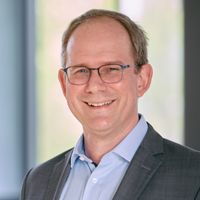
Prof. Dr. med. Tobias Renner
Vice Chairman Research & Teaching
The Center for Mental Health consists of three departments and one institute within the Faculty of Medicine at the University of Tübingen: Department of General psychiatry and psychotherapy, Department of Child and Adolescent Psychiatry, Psychosomatics and Psychotherapy, Department of Psychosomatic Medicine and Psychotherapy, and the Institute of Medical Psychology and Behavioural Neurobiology. These units work closely together not only in research and teaching, but also in patient care to answer complex diagnostic questions and offer the best possible therapeutic options.




Prof. Dr. med. Tobias Renner
Vice Chairman Research & Teaching
We are at your disposal for psychotherapeutic counselling in our crisis telephone consultation hour "Corona Anxiety", as well as for supportive crisis intervention in acute situations.
Learn moreThe Center for Mental Health (ZPG) offers specific counselling and support for patients of the University Hospital with COVID-19 and their relatives, e.g. in case of psychological stress during treatment.
Learn more
In clinical care, there are important synergies in transgenerational treatment.

The research is transdisciplinary in order to address socially relevant issues in the best possible way.

The aim is to provide students with a lot of practical applications in addition to the basic theoretical knowledge.



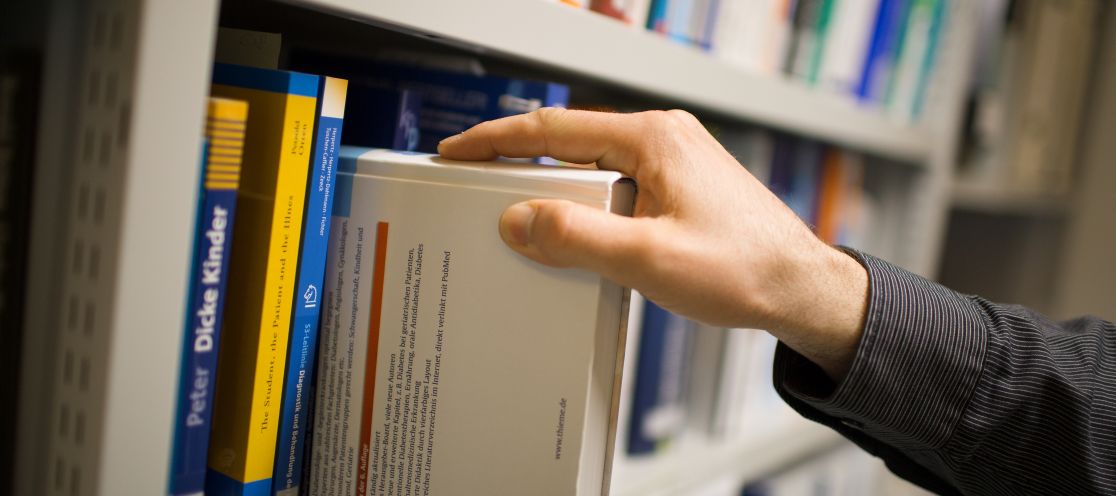
Patient care has a special role within the center. In clinical care, important synergies arise in transgenerational treatment, which provide decisive advantages not only for the sufferers themselves, but also for families affected by mental illness. Common clinical structures include outpatient clinics with cross-age specialty consultations and family consultations, as well as joint transgenerational case conferences. The complementary special expertise of the departments leads to excellent care for people with mental illnesses across all age ranges.
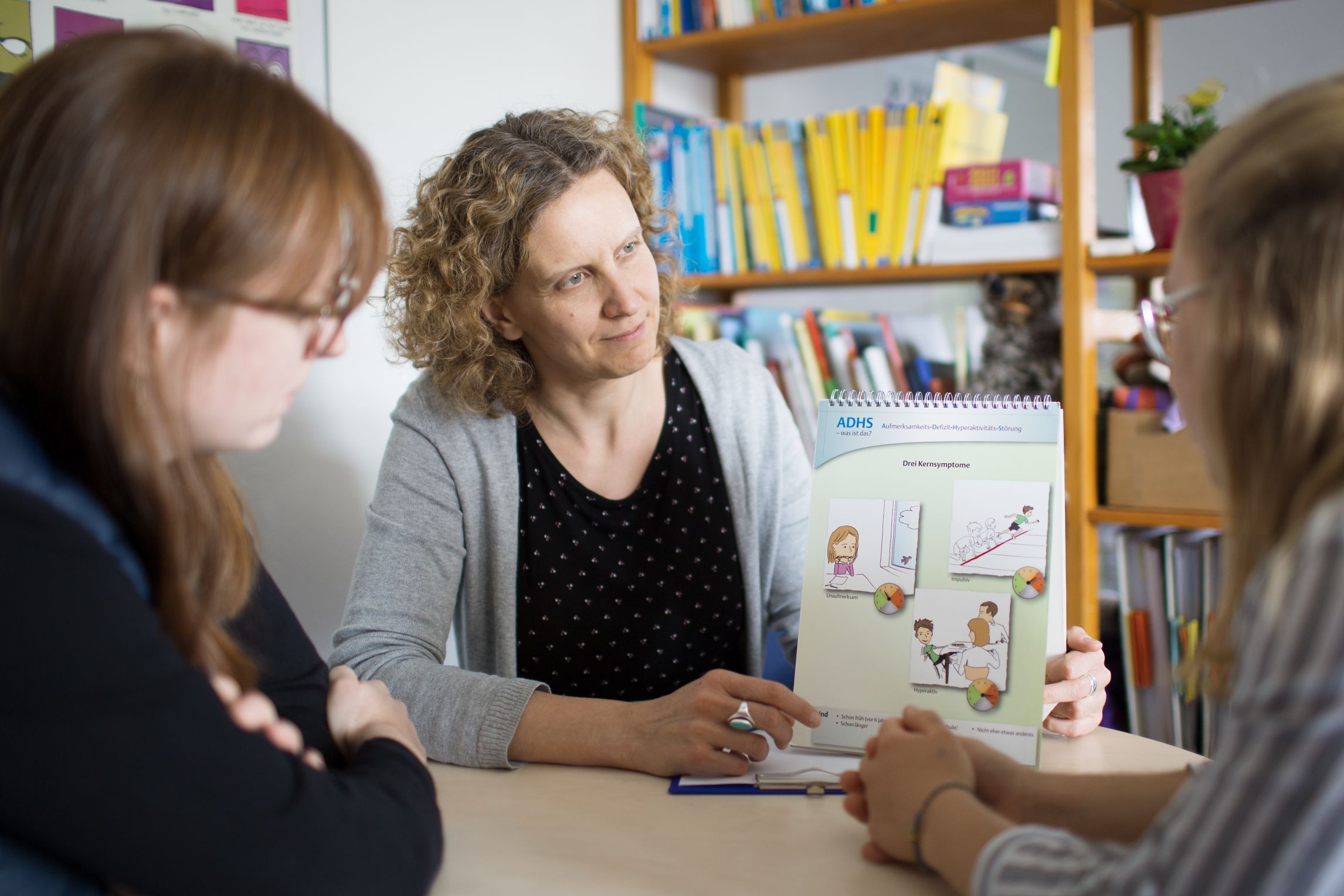
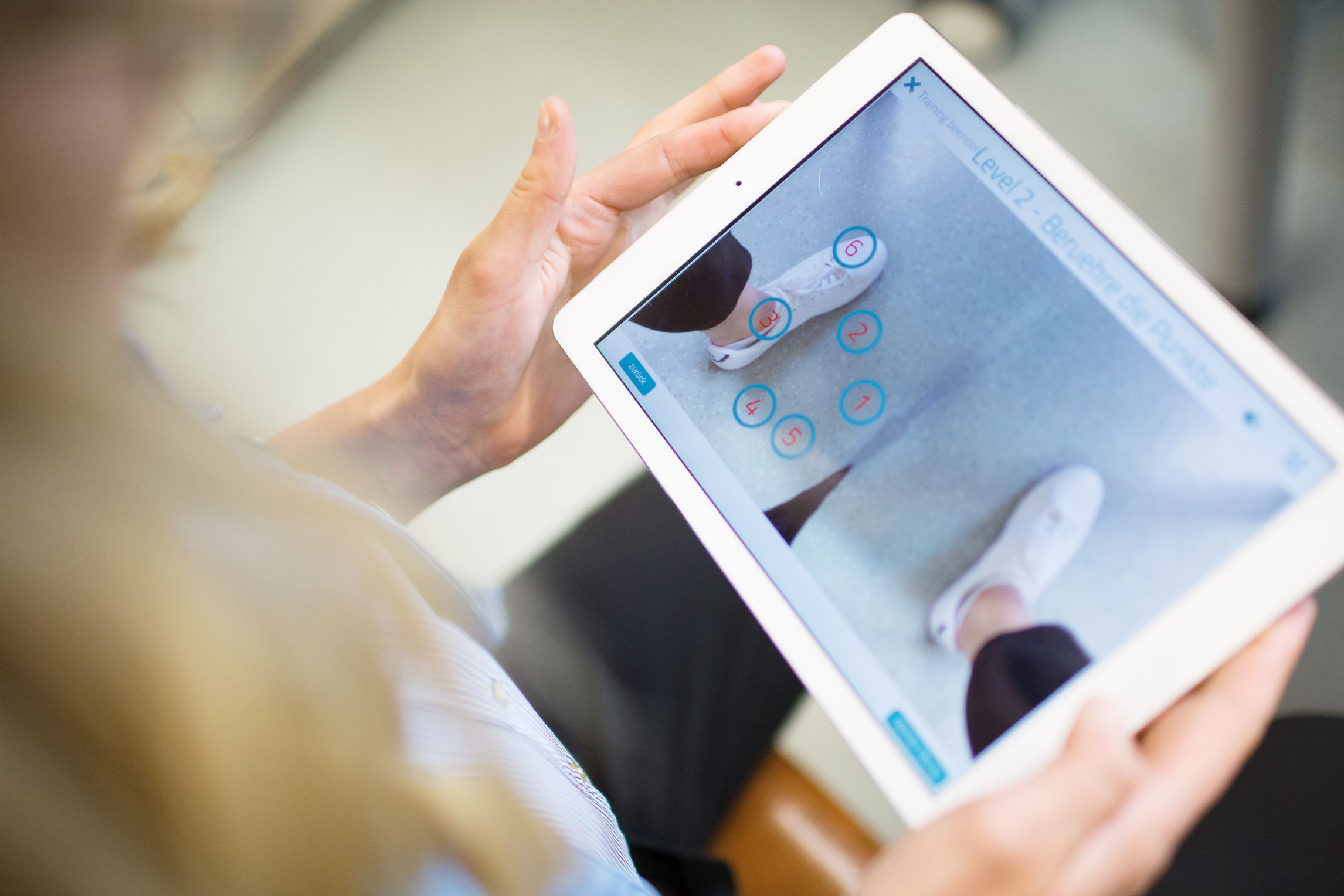
In recent years, a variety of collaborations have been established within the resulting structure, using modern clinical and neuroscientific research methods to investigate important questions on the topic of mental health. In this context, cooperations have been established not only within the Center, but also with other university and non-university research institutions. The Center has contacts to many international researchers, so that large-scale, supra-regional projects are possible. Research is not only interdisciplinary, but also transdisciplinary in order to optimally address socially relevant issues.
Teaching at the Centre for Mental Health is characterised by networking of the individual elements. The aim is to provide students with many practical applications in addition to basic theoretical knowledge, so that they can also take a detailed and structured mental health history. This includes biography, history of mental illness and relationship to life events and illness onset. The practical work takes place in small groups.
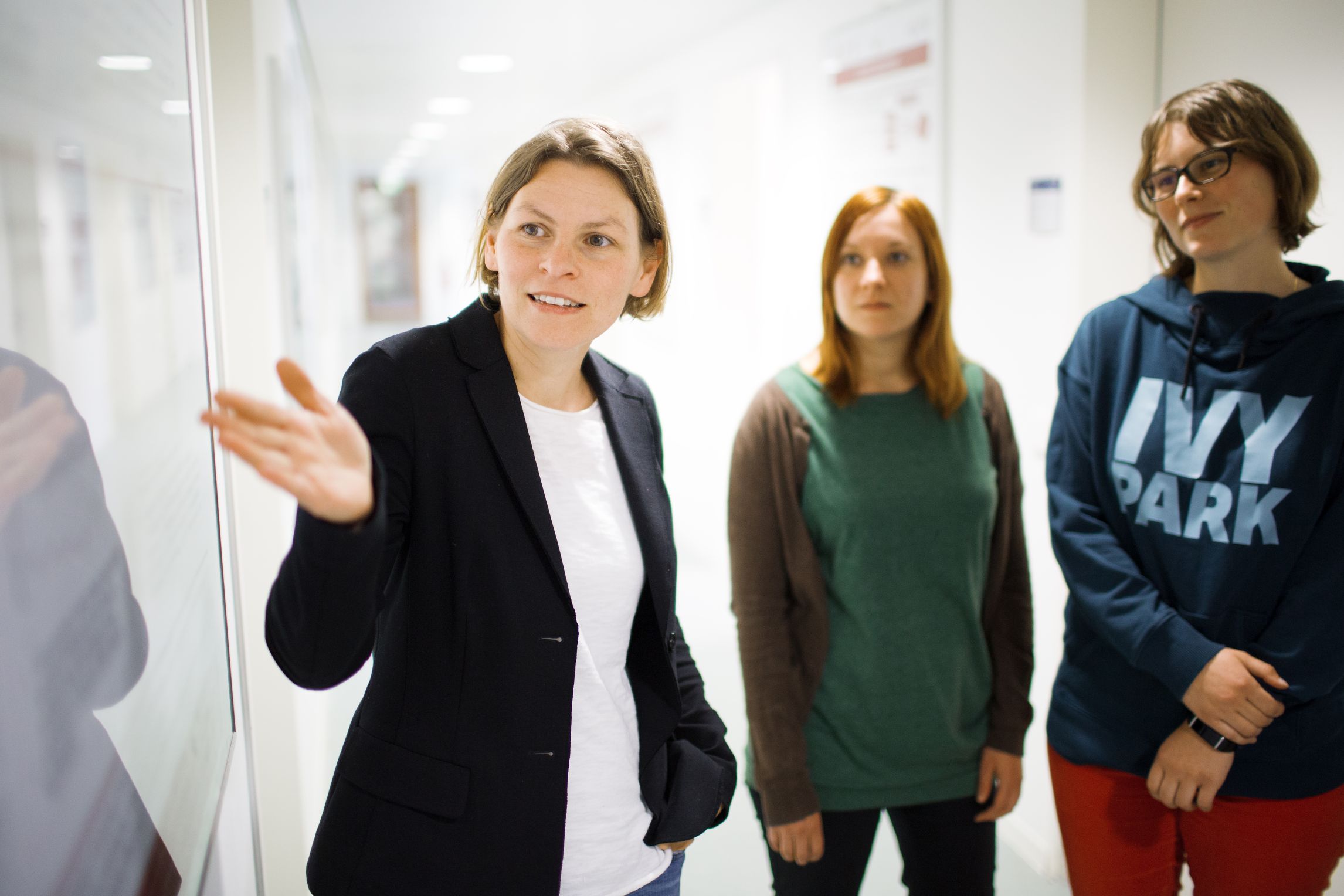

Focus: Top National Hospital 2025

Stern: Germany's Outstanding Employers in Nursing 24/25

Quality partnership with the PKV

Family as a success factor

Pension provision for the public sector